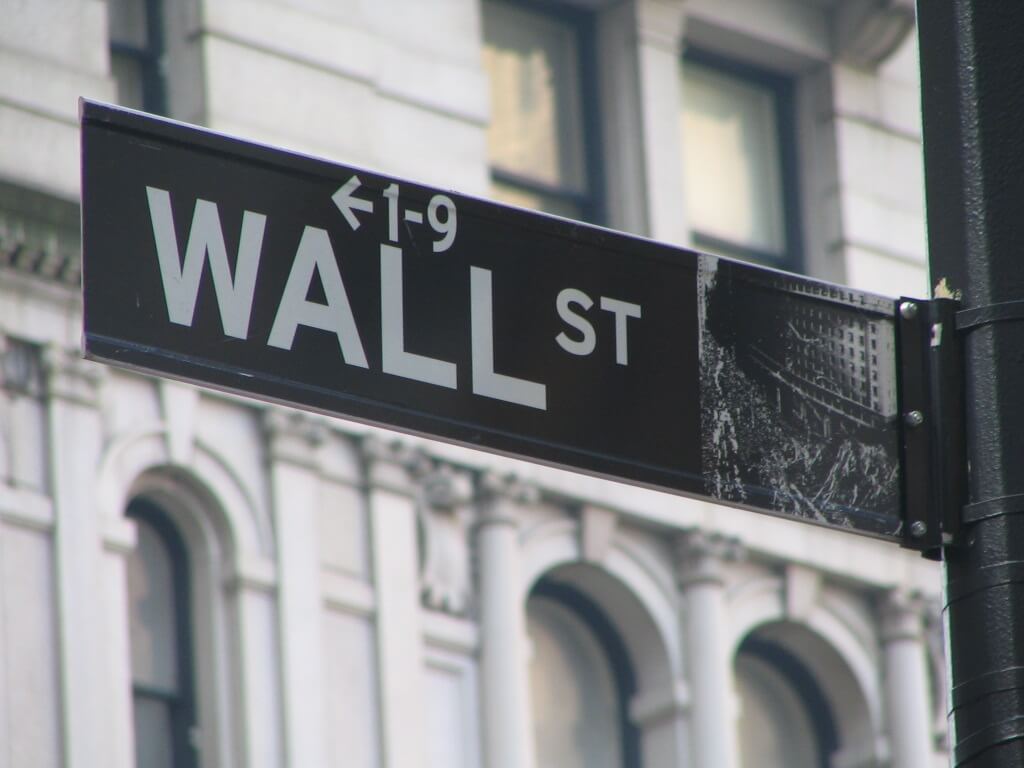
Thirteen of the world’s leading financial institutions have joined R3’s distributed ledger initiative, taking the total number of banks collaborating on the project to 22.
The addition includes Bank of America, Bank of New York Mellon, Mitsubishi UFJ Financial Group, Citi, Commerzbank, Deutsche Bank, HSBC, Morgan Stanley, National Australia Bank, Royal Bank of Canada, SEB, Societe Generale and Toronto-Dominion Bank, R3, a New York-based financial innovation firm, announced on Tuesday.
“The addition of this new group of banks demonstrates widespread support for innovative distributed ledger solutions across the global financial services community, and we’re delighted to have them on board,” David Rutter, CEO of R3, said in a statement.
“Our partners recognize that a collaborative model is the best way to quickly, efficiently and cost-effectively deliver these new technologies to global financial markets.”
Niall Cameron, Head of Markets, EMEA at HSBC, said that open-source developments such as distributed ledger technology have “huge potential, offering banks and their clients the prospects of enhanced security, lower costs and improved error reduction.”
Satoshi Murabayashi, CIO, in charge of digital innovation at Mitsubishi UFJ Financial Group, said that blockchain technology could significantly enhance clients’ banking experience.
“In putting together this partnership, R3 is committing its own expertise and leveraging the combined resources of all of our partners to deliver a distributed ledger solution that could help our clients realize that experience,” Murabayashi said. “We’re excited to be a part of the team.”
Announced earlier this month, R3 aims to draw up industry standards and protocols for using blockchain technology in finance and banking.
According to Richard Brown, R3’s Chief Technology Officer, distributed ledgers have the potential to save banks a significant amount of money by making their systems more efficient and transparent.
“Over decades banks and other firms have built systems for themselves,” Brown told Reuters.
“With shared or distributed ledgers perhaps we can imagine a world where participants share this infrastructure, so rather than everyone running their own systems that have to be reconciled, we can have […] an open platform that multiple firms can connect to.”
Deutsche Bank, one of the 13 banks that freshly joined the group, is currently testing out whether a corporate bond can be used on the blockchain and could automatically issue coupons and redeem itself by means of a “smart contract,” Rhom Ram, who leads the bank’s digital agenda in transaction banking, said.
Expressing the growing interest of banks in blockchain tech, Ram said:
“We have been looking at all these developments for at least 18 months now, and for a long time I was talking to myself within the banking community. But definitely within the last five months there is a lot more understanding, interest and momentum.”
Image credit: Wall Street sign, Wikimedia.

